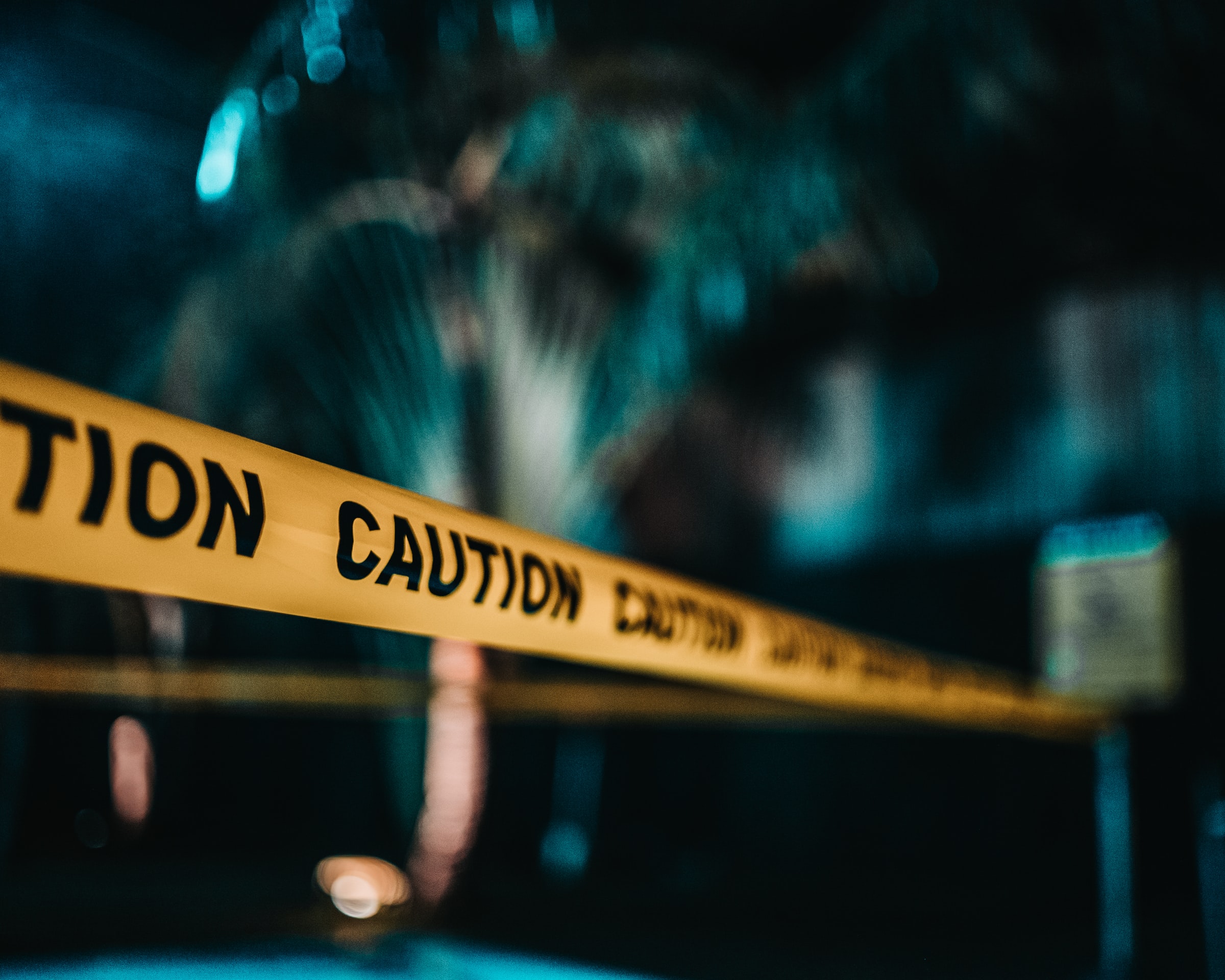
THE Philippines remained as the deadliest country in Asia for land and environmental defenders in 2020, according to conflict and corruption watchdog Global Witness.
In a report titled “Last of Defence,” the UK-based group said that a total of 227 land rights and environmental advocates were murdered across the world, making it the “most dangerous year” on record.
The Philippines ranked first in Asia and third overall with 29 land-related killings, trailing behind Colombia and Mexico, with 60 and 30 deaths, respectively.
According to the Global Witness, over half of the attacks in 2020 took place in these three countries.
“In the Philippines, the deteriorating human rights situation has received increasing international condemnation. Opposition to damaging industries is often met with violent crackdowns from the police and military. In our data, over half of the lethal attacks were directly linked to defenders’ opposition to mining, logging, and dam projects,” the group said.
“President (Rodrigo) Duterte’s years in office have been marked by a dramatic increase in violence against defenders. From his election in 2016 until the end of 2020, 166 land and environment defenders have been killed – a shocking increase for a country which was already a dangerous place to stand up for the environment,” it added.
In its report, the Global Witness found that logging was the sector linked to the most murders with 23 cases from Brazil, Nicaragua, Peru, and the Philippines.
It also noted that the indigenous people were the targets of five of the seven mass killings in 2020, with the deadliest being recorded in the Philippines.
“In the most shocking of these, nine Tumandok indigenous people were killed and a further 17 arrested in raids by the military and police on the 30th of December on the island of Panay in the Philippines. Numerous reports state that these communities were targeted for their opposition to a mega-dam project on the Jalaur river,” said the Global Witness.
Additionally, the report said that 28 of the victims killed in 2020 were state officials or park rangers, attacked while working to protect the environment.
“Attacks were documented across eight countries: Brazil, Colombia, the Democratic Republic of Congo, Guatemala, the Philippines, Sri Lanka, Thailand, and Uganda,” the group added.
The Global Witness maintained that governments are to blame since they have been “all too willing to turn a blind eye” and “fail in providing their core mandate of upholding and protecting human rights.”
The group also said that the global health crisis was used by several countries to control its citizens.
“States around the world – from Liberia and Sri Lanka to the Philippines – used the COVID pandemic to strengthen draconian measures to control citizens and close civic space,” the Global Witness said.
“With journalists, activists, campaigners, and academics confined to their homes, and the freedom of press under renewed attack, the scant pre-pandemic protections that defenders had are under increasing strain,” it added.
In response to the report, the Kalikasan People’s Network for the Environment stressed the need for a new leadership that will protect eco-warriors in the Philippines.
“Global Witness data demonstrate that the murder of environmental defenders doubled under the Duterte government compared to its predecessor. We clearly need a new leadership that will protect our nature’s frontliners and stop destructive projects that aggravate our country’s ecological, climate, and human-rights crises,” said Leon Dulce, national coordinator of the Kalikasan PNE.







